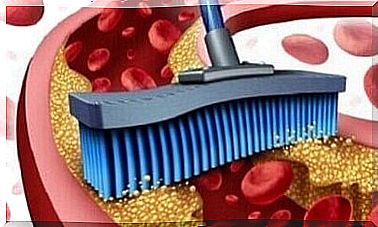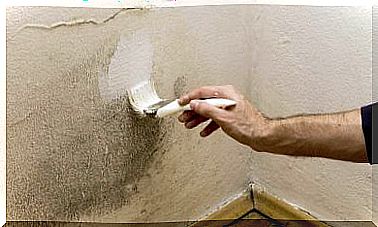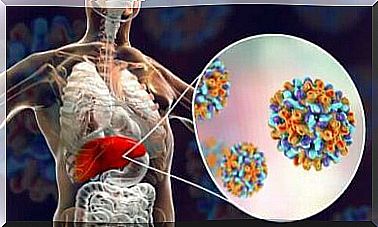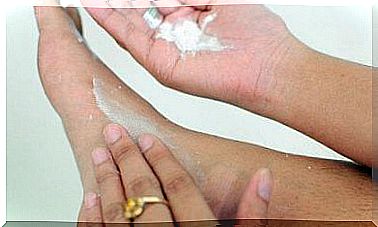Itching In The Anus – What Could It Mean?

Itching in the anus is a really unpleasant situation. It is not a disease, but a symptom that can appear for any number of reasons. For example, due to poor hygiene or excessive sweating in this area.
The problem is intense itching not only in the anus but all over the area. In some situations, it can develop and spread to the scrotum or vagina. Interestingly, it is more common in men.
Rectal itching usually worsens at night, and although it is mild in most cases, it may also be a symptom of another underlying disease. In this article, we explain the most common causes and how to solve this problem.
What causes itching in the anus?
Rectal itching is very annoying and often confuses those who suffer from it. It is also often associated with reddening of the entire area and intense burning. On the other hand, scratching increases irritation even more.
Generally, however, rectal itching resolves on its own. In fact, in most cases, you can’t find the specific cause that caused them. Often this symptom is associated with eating irritating or spicy foods. Other causes of itching around the anus are as follows:
- Inadequate hygiene. The stool debris and the bacteria that form them change the pH of the skin in the anus. This causes an itchy sensation and is also conducive to infections.
- However, excessive hygiene or the use of harsh cleansers also causes itching in the anus. They can be triggered by the use of certain soaps or wipes, or even washing the area too much.
- Skin diseases such as psoriasis and dermatitis, as well as allergic processes.
- Skin cancer located nearby.
- Inflammatory bowel disease
Importantly, rectal itching can be caused by numerous infections. Often, especially in children, it may be associated with intestinal parasites such as pinworms. This symptom is also associated with, inter alia, candidiasis (fungal infection).
Finally, we must not forget that any lesions and changes such as hemorrhoids and fistulas are another common cause of rectal itching.
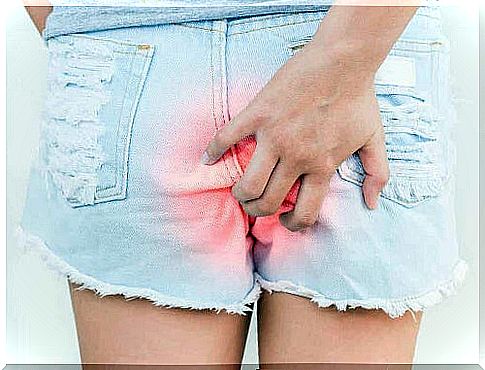
How to mitigate this situation?
Very often rectal itching goes away on its own and does not require any treatment. However, if the itching does not go away for a long time, or there are signs of infection in the area or bleeding, it’s best to see your doctor.
A good medical history is often enough to find the cause of anal itching. The doctor needs to know what the diet and hygiene habits look like in order to rule out any possible causes.
Occasionally, you may need a rectal examination and other rectal examinations. This way, you can check for damage such as hemorrhoids or wounds that are causing itching.

How is rectal itching treated?
In the treatment of anal itching, the most important thing is to use proper hygiene measures. For this, it is recommended to wash the area with mild soap or wet wipes. Then gently pat the area dry with a clean towel.
There are also ointments and lotions that can relieve discomfort in this area. It is also recommended to sprinkle a little talcum powder on the anus. Other general measures that must be strictly followed are:
- Avoid scratching. Just in case, cut my nails and file them well.
- Pay attention to your diet. Spicy foods can irritate the anus much more.
- Also, do not use laxatives. Therefore, it is recommended to eat more fruit and fiber at the same time.
In cases where the cause of itching in the anus is a diagnosed infection, the doctor will select the most appropriate treatment. The same goes for skin diseases.
It’s important to know that rectal itching can have many causes. Although most often this condition is mild in nature and causes, it usually resolves on its own. However, if you have any doubts, it is ideal to see a doctor, especially if the discomfort continues or becomes complicated.
